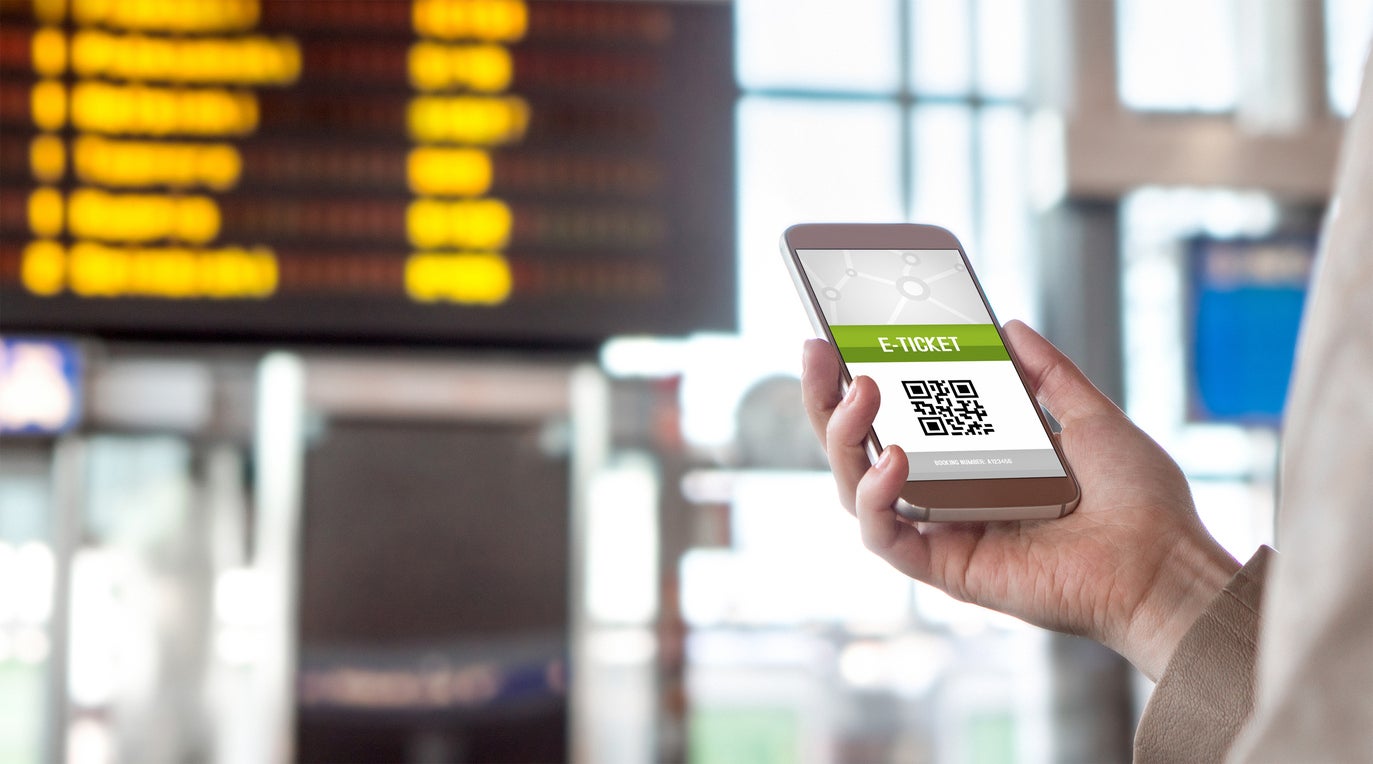Why smartphone apps are changing the future of travel
Most travellers say they avoid hotels that charge for Wi-Fi

Two out of five of UK travellers now research and book their trip on a smartphone, with the vast majority (85 per cent) checking peer-to-peer review sites such as TripAdvisor.
Research by the travel commerce platform, Travelport, also shows that a majority of British globetrotters (53 per cent) will avoid hotels that charge for Wi-Fi. Looking worldwide, that percentage among travellers increases to 61 per cent.
The survey highlights strong differences between older and younger travellers. “Older travellers tend to know in advance what they are looking for when they research a trip,” say the researchers.
“They like to go back to tried and tested travel plans and spend less time searching for inspiration. They are also less likely to be influenced by social media, and will happily book a trip based on what they have done before.”
In contrast, younger travellers are “much more dependent on help and advice from others”. The researchers say: “They use social media and review websites to research holiday ideas and say that they are influenced by them. However, this can prove to be confusing, as many of them reported feeling overwhelmed by the information and unsure of who they could trust.”
The survey shows that four out of five 18-24-year-olds check out videos and photos posted by friends on social media as part of their research.
The average British traveller uses 14 smartphone apps while away, with maps and weather the most popular. Their Chinese counterparts use an average of 20.
In what are claimed to be the world’s first Digital Traveller Rankings, the UK ranks only 17th - just ahead of Japan and Germany.
Globally, says Travelport: “The Indians are the world champions of digital travel. They clearly love the convenience of their smartphones and use them often, from booking a trip to boarding a plane with a digital boarding pass.”
China is in second place, followed by Indonesia, Brazil and Saudi Arabia.
Gordon Wilson, president and chief executive of Travelport, says: “The findings demonstrate the significance of digital tools for travellers before, during and even after their journeys.”
Subscribe to Independent Premium to bookmark this article
Want to bookmark your favourite articles and stories to read or reference later? Start your Independent Premium subscription today.

Join our commenting forum
Join thought-provoking conversations, follow other Independent readers and see their replies